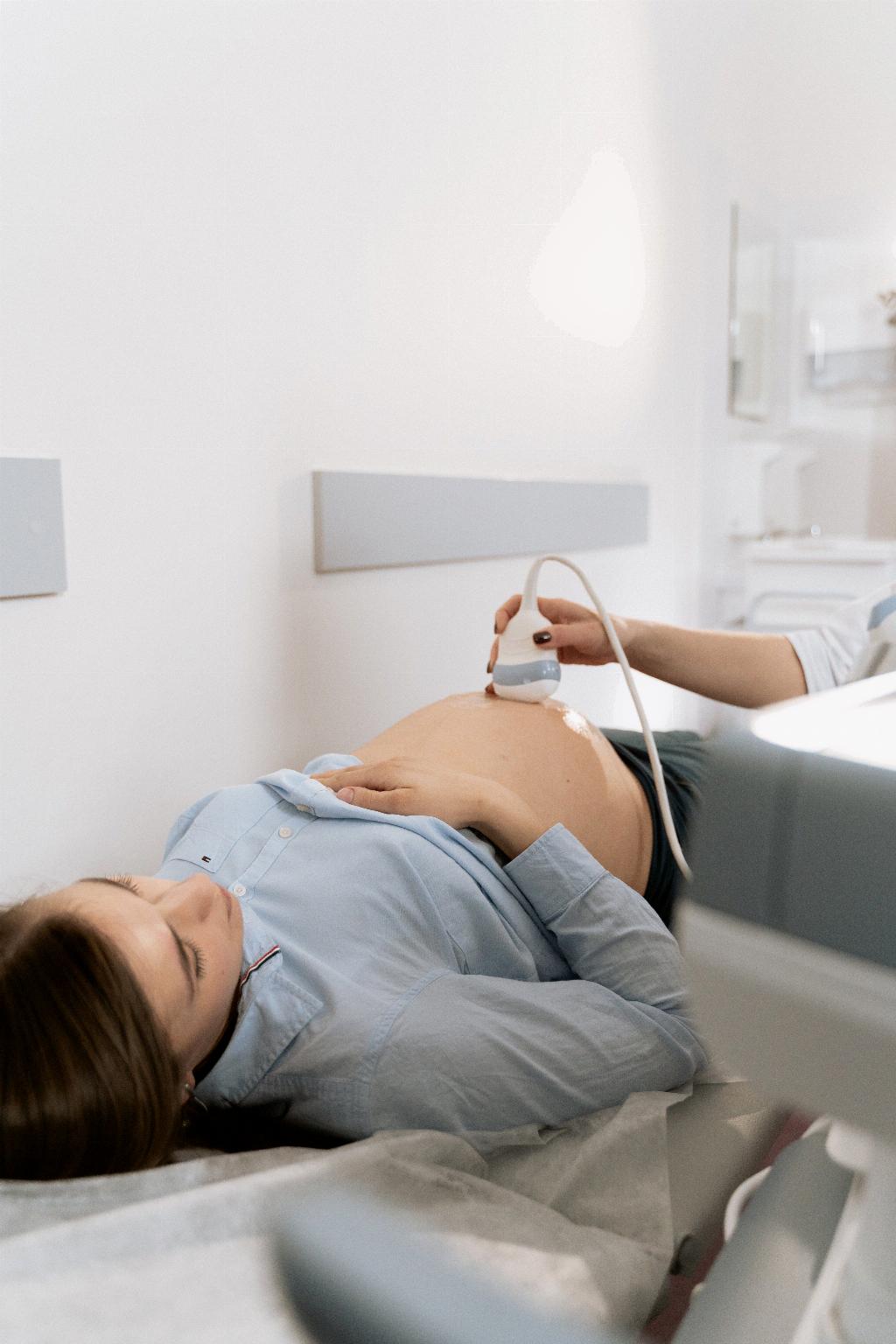Many women may find themselves in a situation where they have a yeast infection and are also wondering if they could be pregnant. It’s a common concern and can lead to some uncertainty when it comes to taking a pregnancy test. Let’s delve into this topic to provide a clear answer to whether you should take a pregnancy test if you have a yeast infection.
Understanding the Relationship Between Yeast Infections and Pregnancy Tests
When it comes to over-the-counter treatments for yeast infections, they typically do not interfere with the accuracy of a home pregnancy test. This means that if you are currently experiencing a yeast infection or are undergoing treatment for it, you should be able to take a pregnancy test without it being affected by the infection or the treatment.
The Impact of Yeast Infections and Pregnancy on Each Other
Interestingly, a yeast infection could actually be a result of pregnancy. Hormonal changes during pregnancy can alter the pH balance in the vagina, potentially leading to an overgrowth of yeast. Therefore, experiencing a yeast infection might prompt you to consider the possibility of being pregnant.
The Role of UTIs in Pregnancy Testing
It’s important to note that while yeast infections typically do not impact pregnancy test results, urinary tract infections (UTIs) are a different story. UTIs do not affect pregnancy tests directly, but they can have symptoms that overlap with early pregnancy signs, causing confusion for some women.
When to Consider Taking a Pregnancy Test
If you suspect you might be pregnant and are experiencing symptoms such as missed periods, nausea, fatigue, or breast tenderness, it might be a good time to take a pregnancy test regardless of concurrent yeast infections or UTIs. These symptoms are more indicative of pregnancy than of yeast infections or UTIs.
Making an Informed Decision
Ultimately, the decision to take a pregnancy test when you have a yeast infection should be based on your individual circumstances. If you have been trying to conceive or have had unprotected intercourse, taking a pregnancy test can provide clarity and guide your next steps with regards to medical care and planning.
Consulting Healthcare Providers
If you are unsure about whether to take a pregnancy test while dealing with a yeast infection, consulting with your healthcare provider can offer valuable guidance. They can assess your specific situation and recommend the best course of action based on your symptoms and medical history.
Ensuring Accurate Test Results
To ensure the accuracy of a pregnancy test, it’s essential to follow the instructions carefully, use the test at the recommended time, and check the expiration date of the test kit. These steps can help you obtain reliable results, whether you have a yeast infection or not.
Considering Multiple Factors
When weighing the decision to take a pregnancy test alongside a yeast infection, it’s essential to consider multiple factors such as your menstrual cycle, sexual activity, contraceptive use, and any other relevant symptoms you may be experiencing. This comprehensive approach can lead to a more informed decision.
Seeking Support and Information
Dealing with potential pregnancy concerns while managing a yeast infection can be overwhelming. Seeking support from loved ones or reliable sources of information can help alleviate anxiety and provide you with the knowledge and confidence needed to navigate this situation effectively.
Final Thoughts on Pregnancy Testing with a Yeast Infection
In conclusion, the presence of a yeast infection should not deter you from taking a pregnancy test if you suspect you might be pregnant. While yeast infections do not impact test results, hormonal changes associated with pregnancy can sometimes lead to such infections. Trust your instincts, seek medical advice when needed, and approach the situation with calmness and clarity.
Stay Informed and Empowered
By staying informed about the relationship between yeast infections, pregnancy tests, and overall reproductive health, you can empower yourself to make informed decisions regarding your well-being. Remember to prioritize self-care, seek support from professionals when necessary, and trust your intuition throughout this journey.

